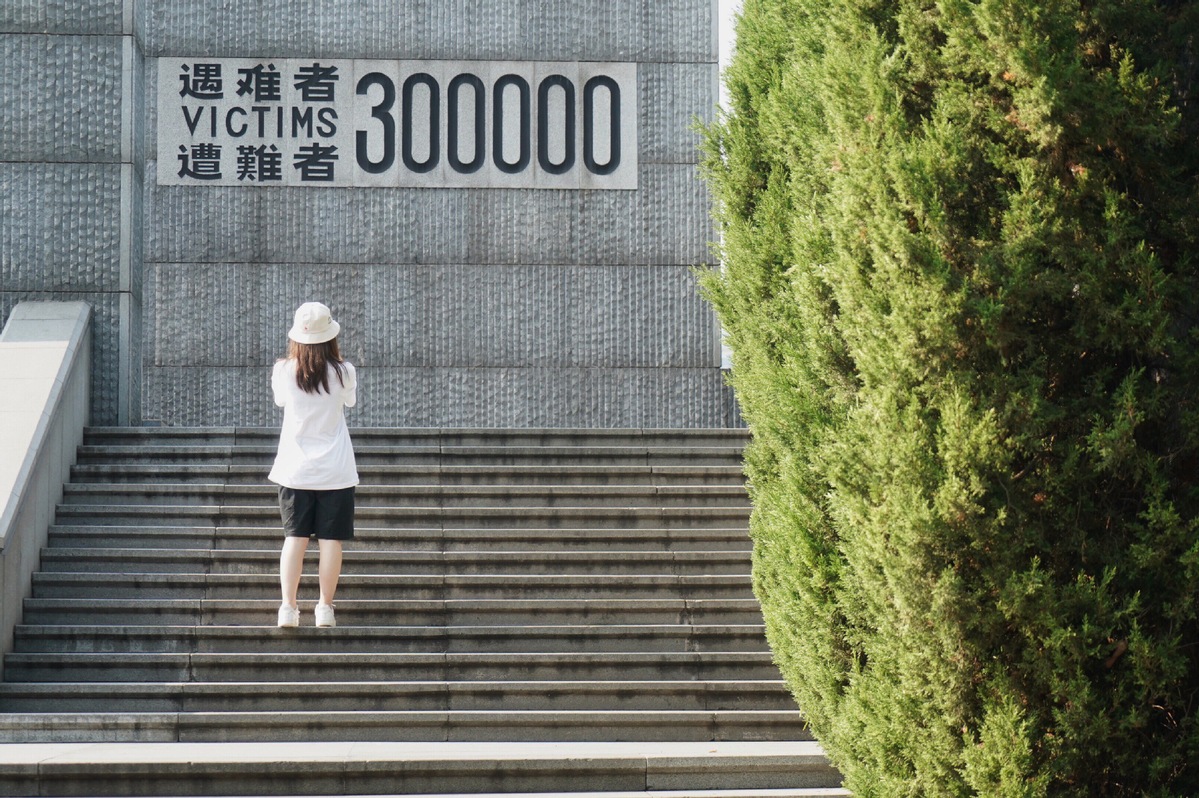Rote words negate the intent: China Daily editorial
chinadaily.com.cn | Updated: 2019-08-15 21:14

Anyone anticipating anything new from Tokyo on the 74th anniversary of Japan's World War II surrender on Thursday, will have been disappointed as the message was the same as usual.
In a speech that was closely scrutinized in many parts of Asia, the newly enthroned Japanese Emperor Naruhito merely expressed the same sentiment his father did using the same phrase, "...bearing in mind the feeling of deep remorse, I earnestly hope that the devastation of war will never be repeated". Prime Minister Shinzo Abe too employed wording he's used in past addresses when pledging: "We will never again repeat the devastation of war."
Anyone on the Chrysanthemum Throne may have to be ultra prudent when choosing words for a speech meant to commemorate Japanese war dead. "Deep remorse" was the standard phrase in each of the former emperor's addresses since the 70th anniversary of Japan's surrender in 2015. The dawning of the new Reiwa era, named as one of harmony, may make no difference.
Abe, for his part, never appears to be genuinely willing to go any further than he already has regarding his country's World War II record. While offering "heartfelt respect and gratitude" to Japan's war dead, the Japanese prime minister made no mention of those who suffered at their hands.
Abe said his country had engraved the "lessons of history deep in our hearts". But, once again, he refrained from elaborating what those lessons are. Since taking office, he has consistently skirted around the atrocities committed by imperial Japanese troops during their occupation of neighboring countries. "Over 3 million of our countrymen's lives were lost during the war," Abe said, again avoiding any mention how many more lives were lost as a result of Japan's aggression.
After his last visit to the notorious Yasukuni Shrine met with strong opposition from neighboring countries, he has been making offerings each year. This time in the form of a monetary offering called a tamagushi-ryo.
As its ongoing spat with the Republic of Korea over war-time forced labor demonstrates, Japan's denial of its own past wrongdoing remains a seemingly insurmountable hurdle for it to overcome. The trade tit-for-tat between Tokyo and Seoul originated from their longstanding dispute over compensation for Koreans forced to work for Japanese companies before and during the war. But there is also the issue of "comfort women", which repeatedly sours bilateral ties.
Until Japan stops paying lip service to the lessons of history, it will be impossible to develop truly healthy relations with the victim countries.
























